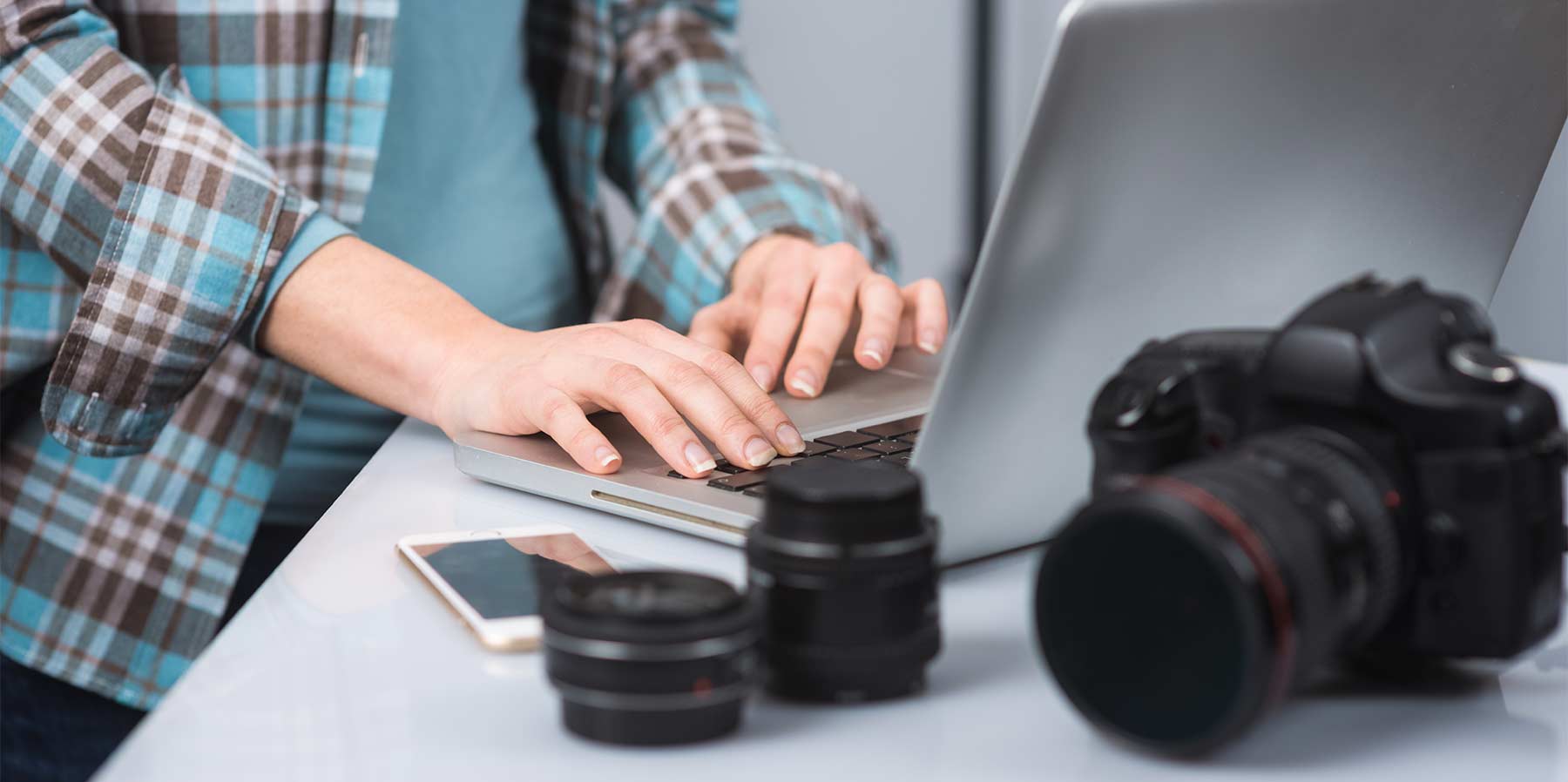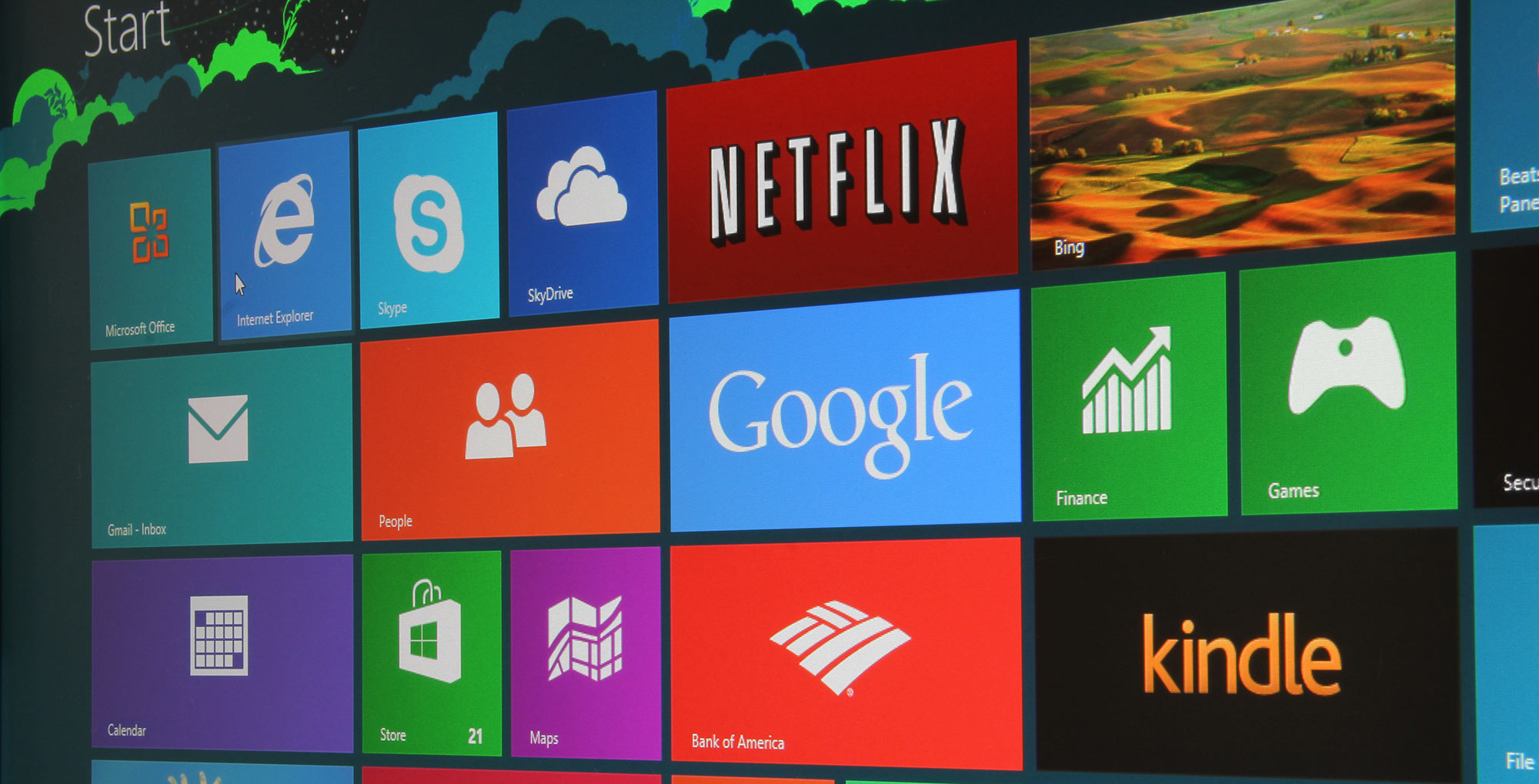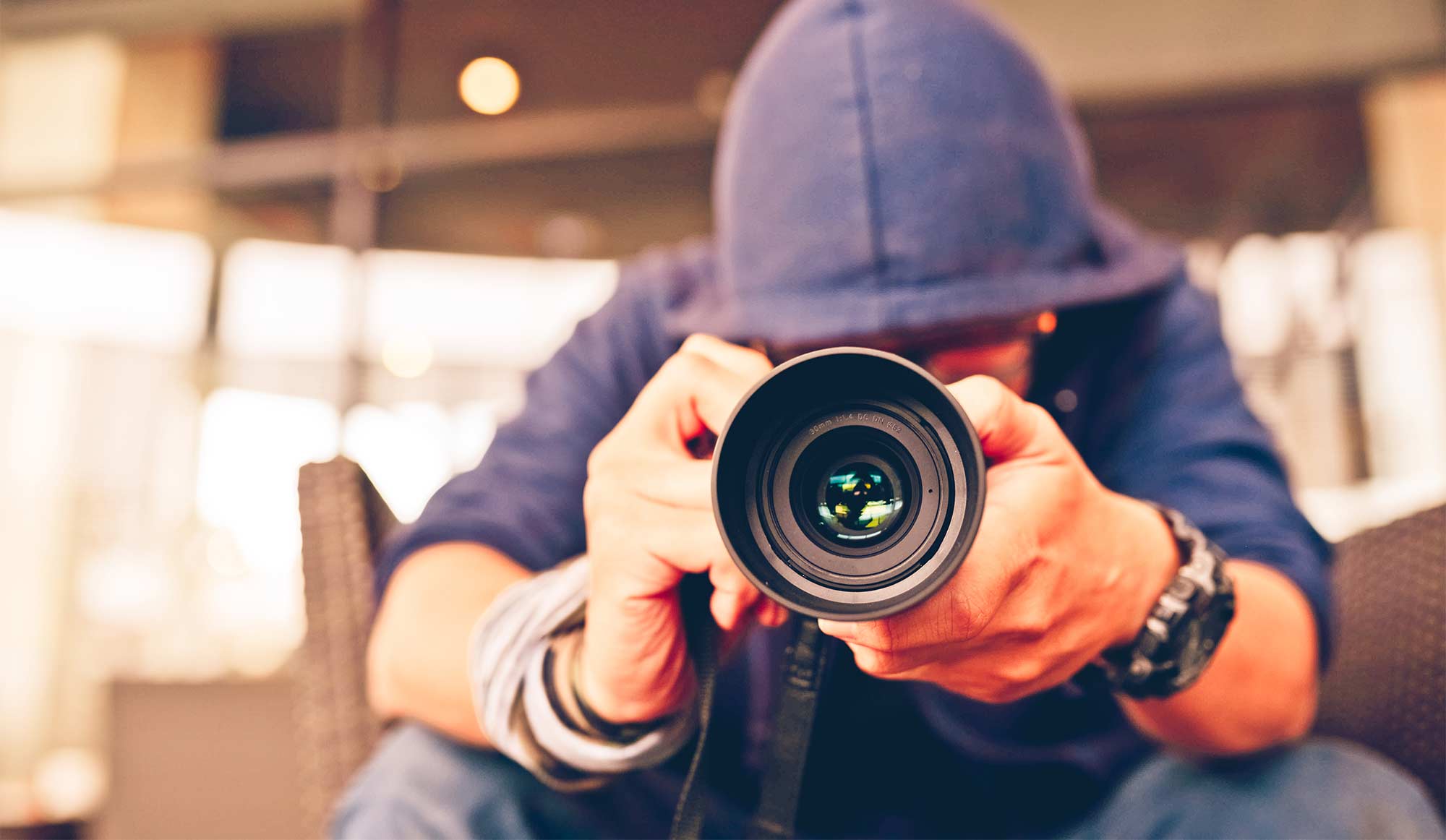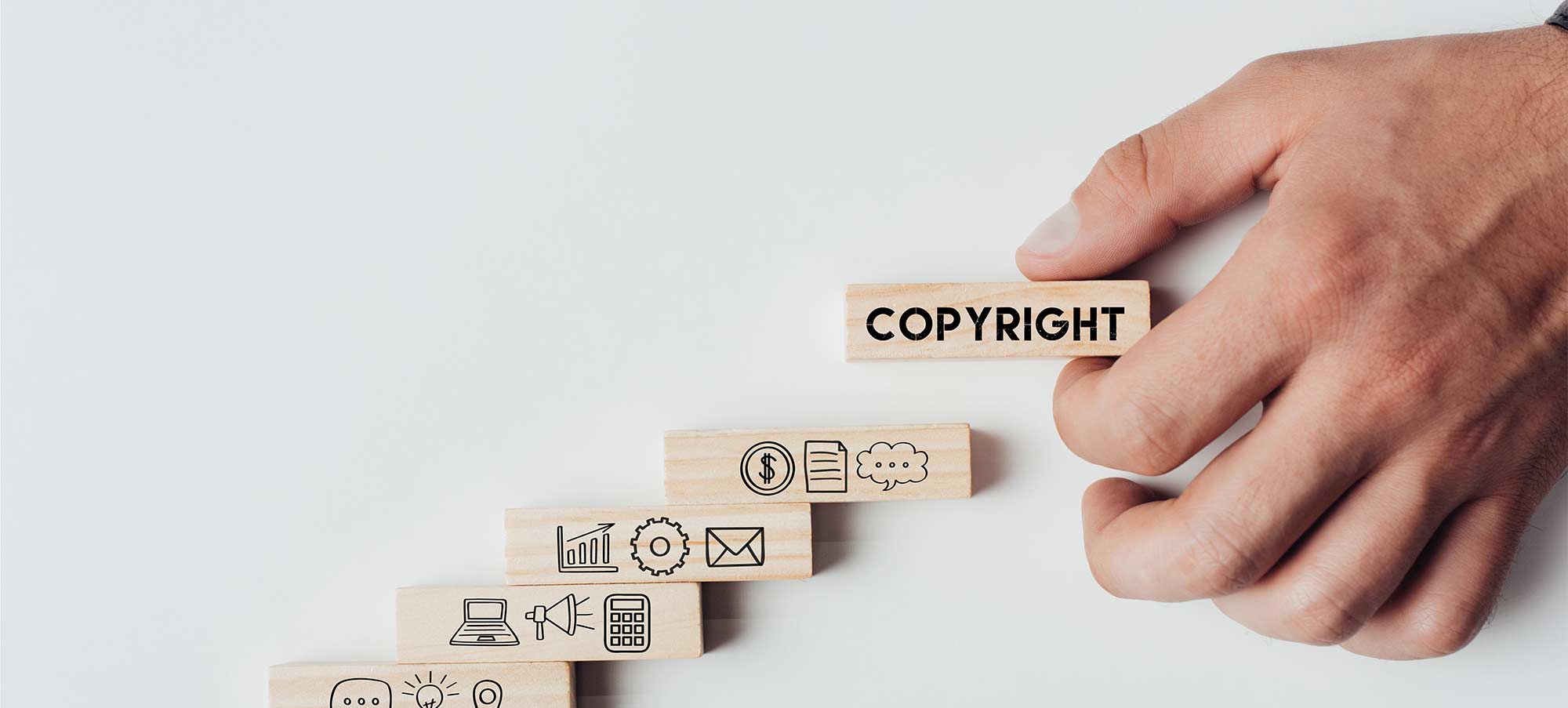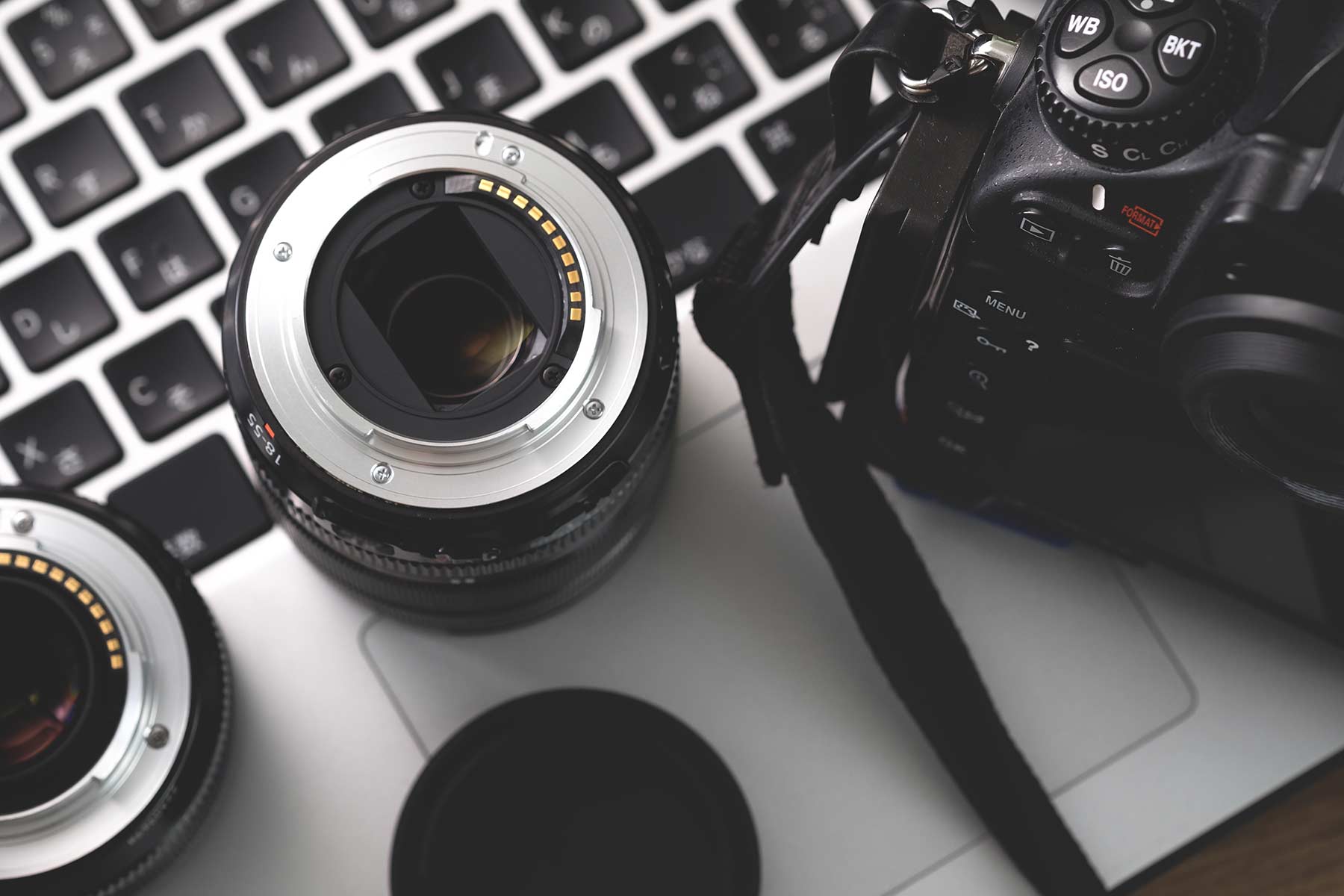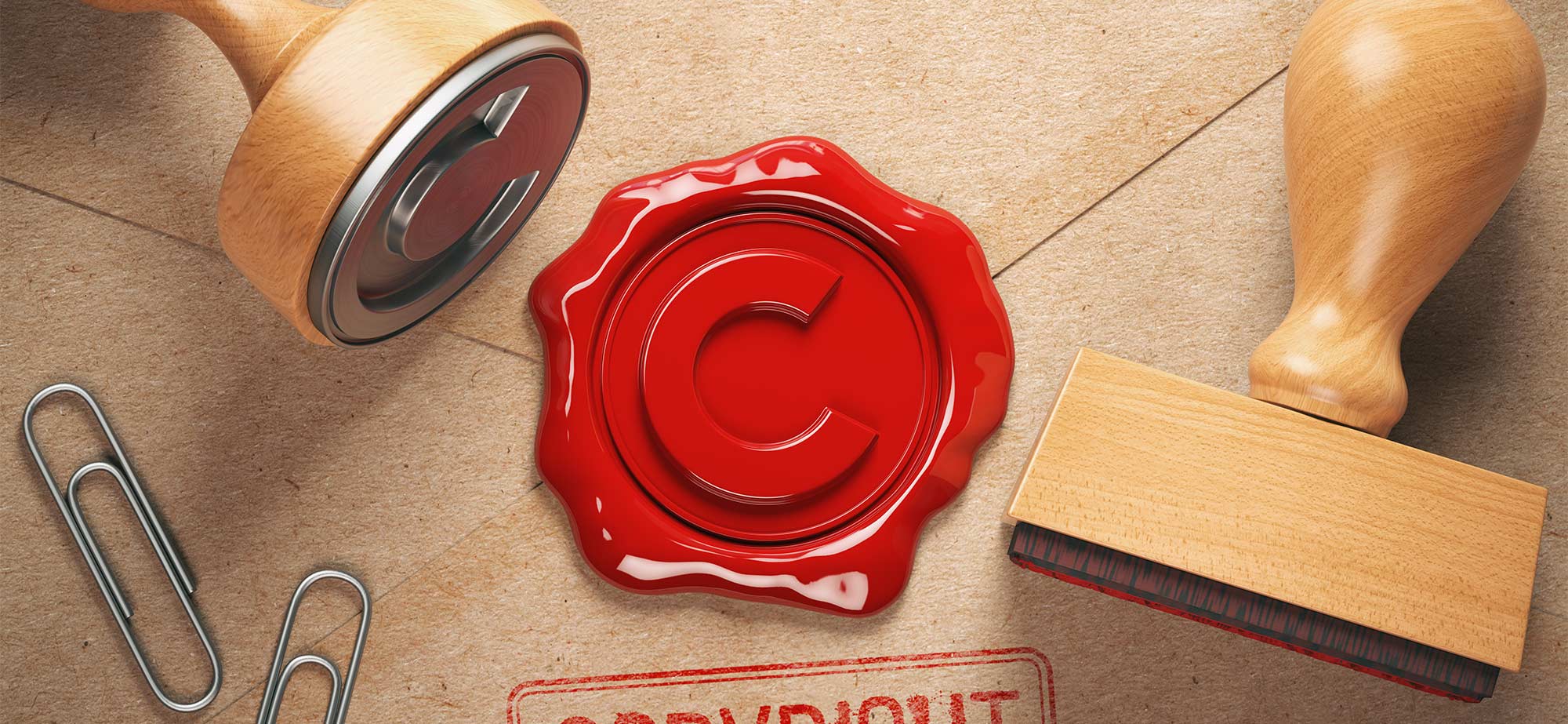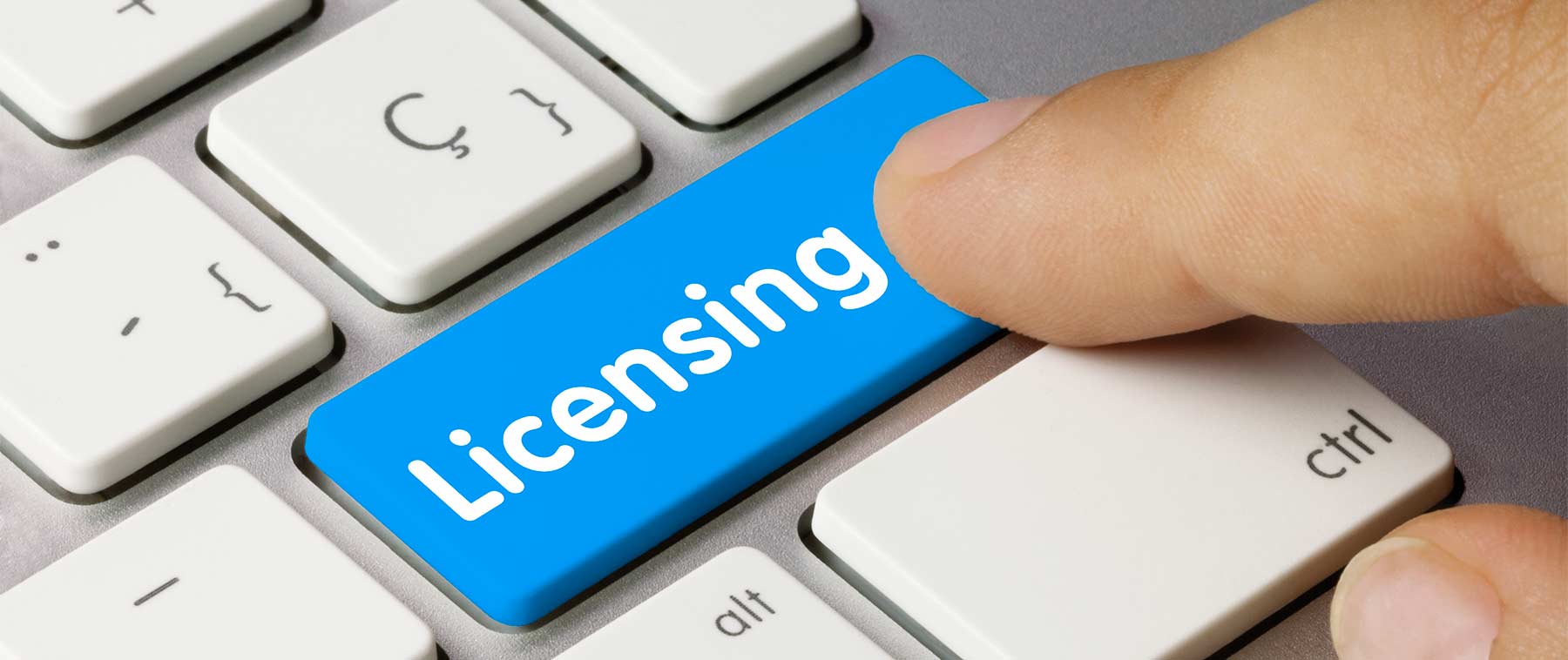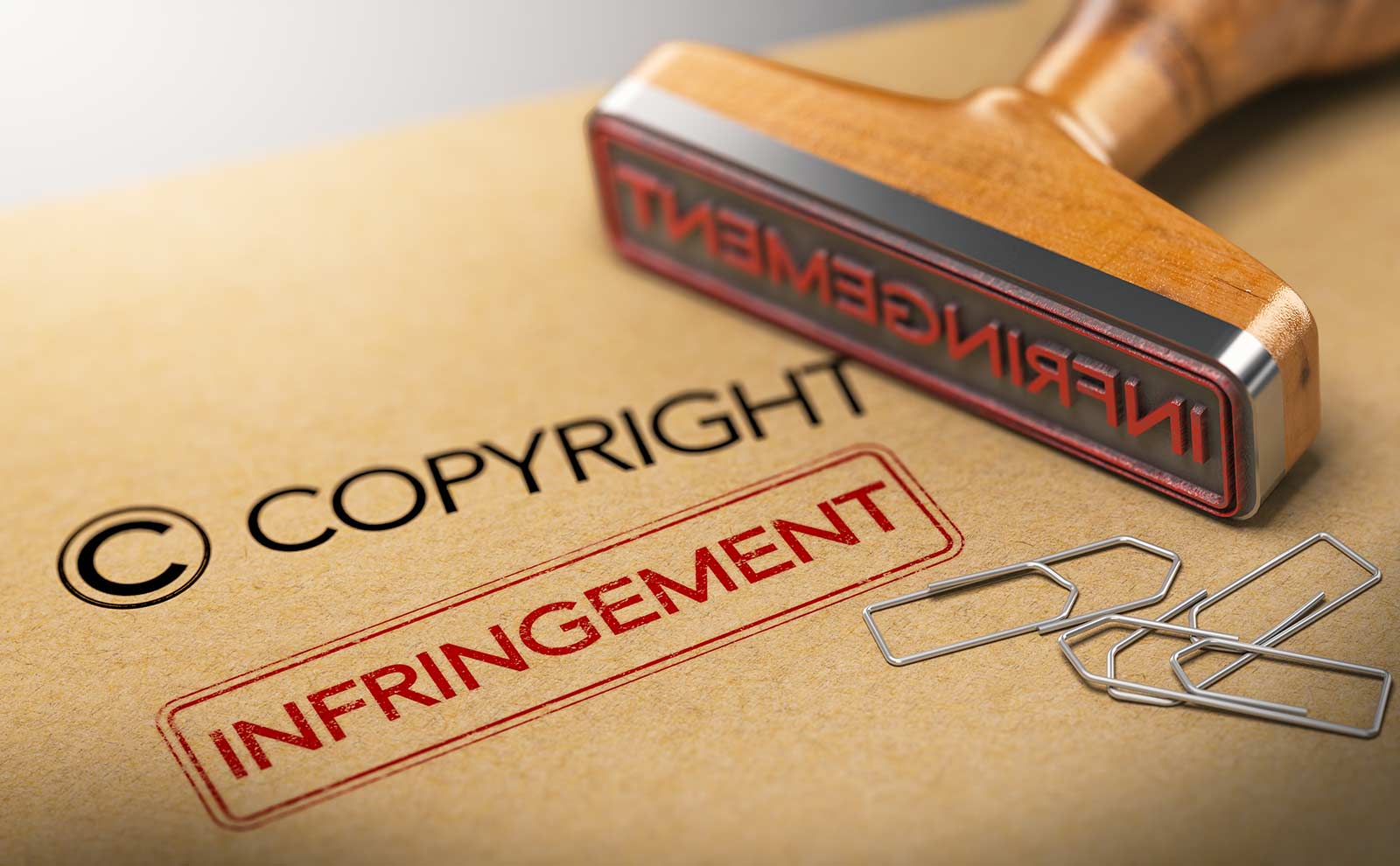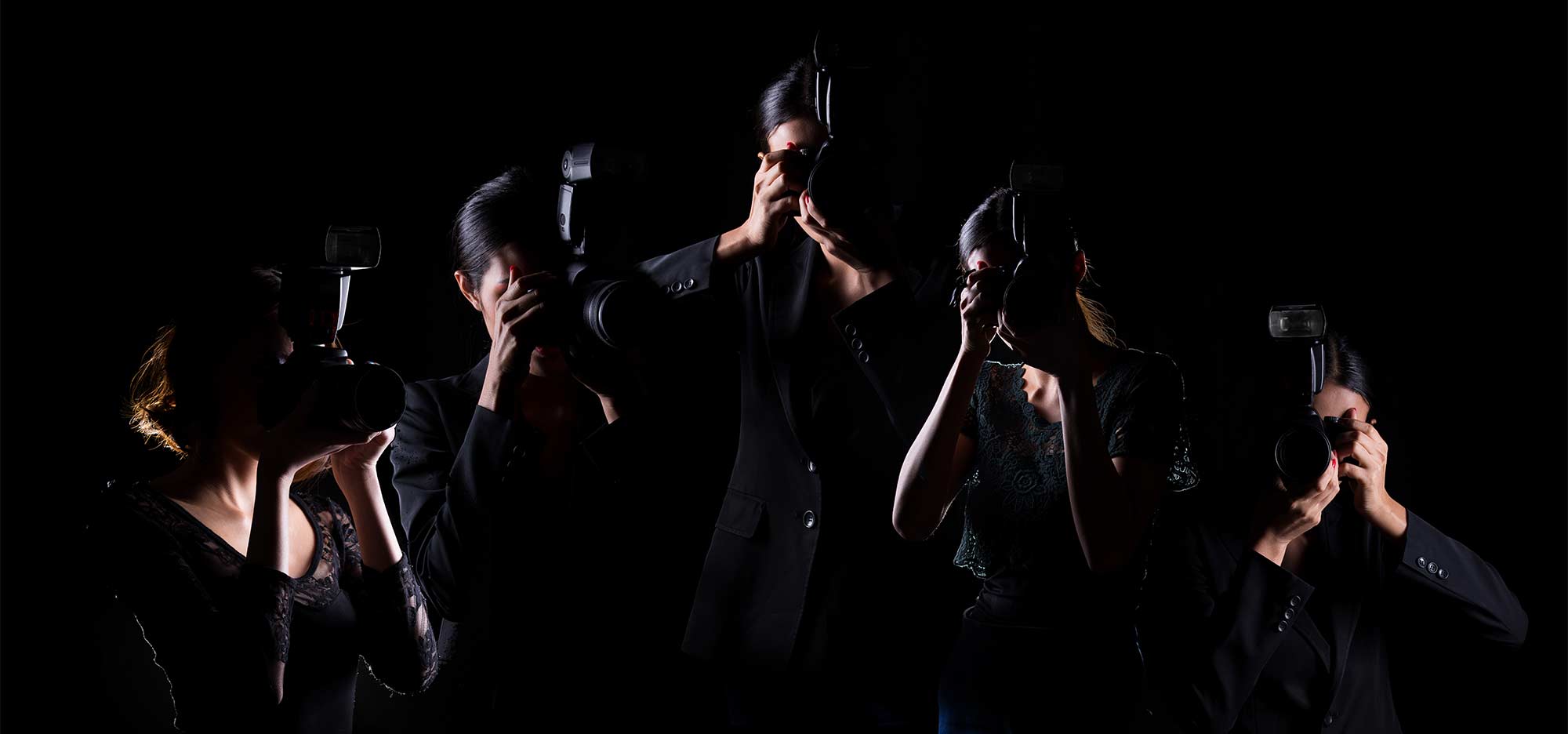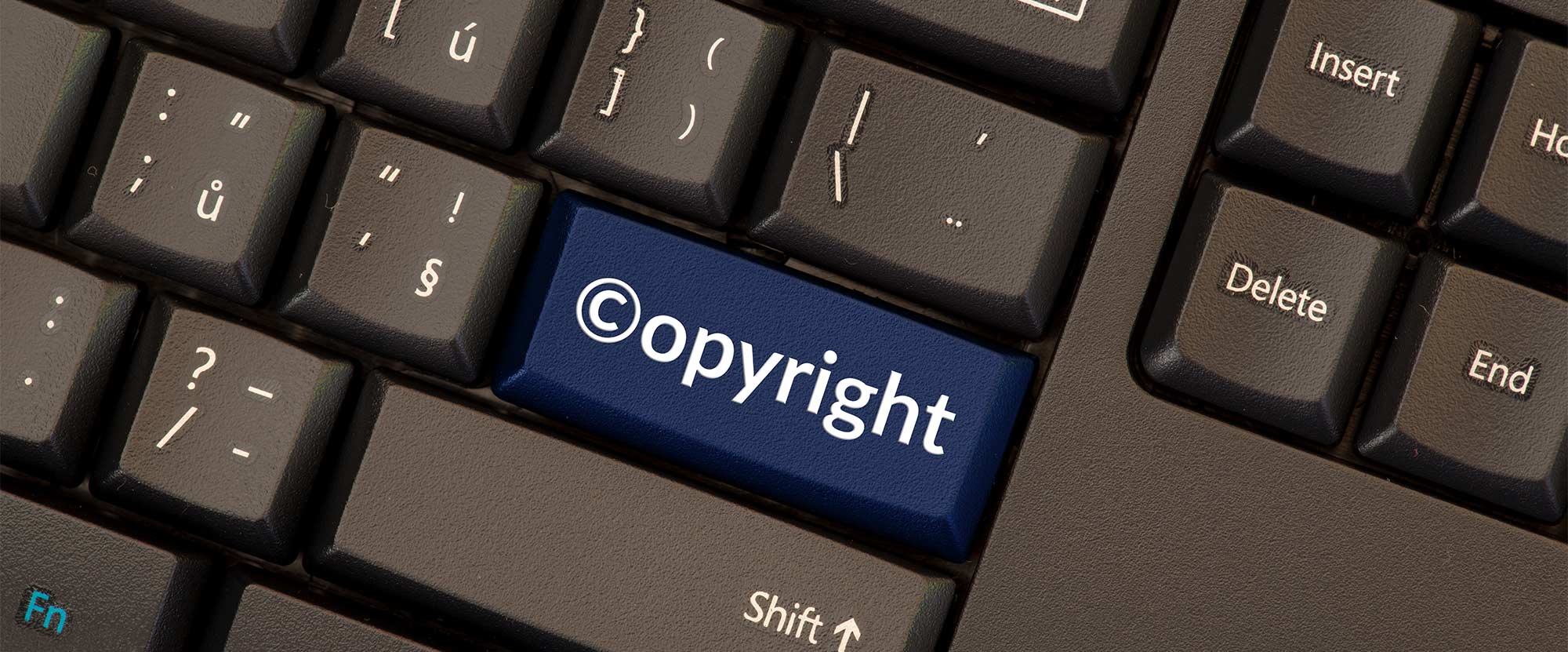Photographer Sued Diesel and Terry Richardson Over Alleged Copyright Infringement
There is a fine line between inspiration and plain old theft – especially when it comes to photography and pictures.
Haleigh Nickerson, a photographer, digital artist and a woman of color based in Los Angeles, sued Diesel and Terry Richardson for willful copyright infringement.
In 2016, Nickerson created her “Sista Soulja” image, which was subsequently included in an LA art show. The picture was featured along with other similarly themed images under the title “Girls Who Dance in Dissonance.”
All the images show a woman of color in front of a red background with white stars, all of them wearing costumes in varying shades of green, red and black.
In 2017, according to the lawsuit, Diesel included a photo that was very similar to Nickerson’s “Sista Soulja” photo in its campaign titled “Rules for Successful Living,” in which Richardson was the photographer. The picture in the Deisel campaign showed a similar woman of wearing clothes in black, red and green, featuring the same background as Nickerson’s original image.
Nickerson’s lawsuit also pointed out that while the title of her work was “Sister Soulja,” Diesel called their picture “Sister Siren.”
A Diesel representative rejected Nickerson’s claims of copyright infringement, telling WWD that the image in question was shot long before Nickerson shared her picture with the world. The Diesel representative said the company will respond to Nickerson’s complaint.
Nickerson is seeking an undetermined amount of damages including all profits derived from the use of the what she claims to be her copyrighted picture. She also asks for compensatory damages. Nickerson’s complaint also demands that all the images used by Diesel be destroyed and that Diesel stop using her work without her permission immediately and permanently.
What Photography Copyright Infringement?
There are only essentially two elements to show when it comes to copyright infringement in photography:
- Someone, presumably the photographer, holds a valid copyright
- Another person or entity is infringing on the copyright
In the case of photos, infringement often occurs in two ways: replication and imitation. In other words, copyright infringement of photos usually occurs when someone copies pictures without permission or creates imitations that are substantially similar to the original. Such use of photographs can be copyright violations because the original and copied photos are the same or substantially similar.
How is Substantial Similarity Determined in a Copyright Infringement Case?
In Harney v. Sony Pictures Television, Inc. No. 11-1760 (1st Cir. Jan. 7, 2013), the US Court of Appeals for the First Circuit held that a photograph may have both protected and unprotected elements, but only the protected elements would be relevant to the determination of substantial similarity.
Protected elements usually include the photographer’s originality, which can involve thing such as lighting, positioning, angle, focus, and timing. In Harney, the court held that there was no substantial similarity because the similar components of the images in question were unprotectable.
Examining the Diesel case under the lens of substantial similarity, there might be similarities in the lighting, clothing colors, and background of the images in question. The court has yet to decide the case but it is important to remember that when it comes to the substantial similarity of photographs – the determination is made on case-by-case basis.
Contact Our New York Photography Copyright Lawyers for a Free Consultation
If you find a photograph that looks similar to your existing photographs, you might have a copyright infringement claim. Call our New York copyright infringement lawyers today for a free consultation.
Schedule your free consultation today, and see how we can help protect your rights and collect damages for copyright infringement.


